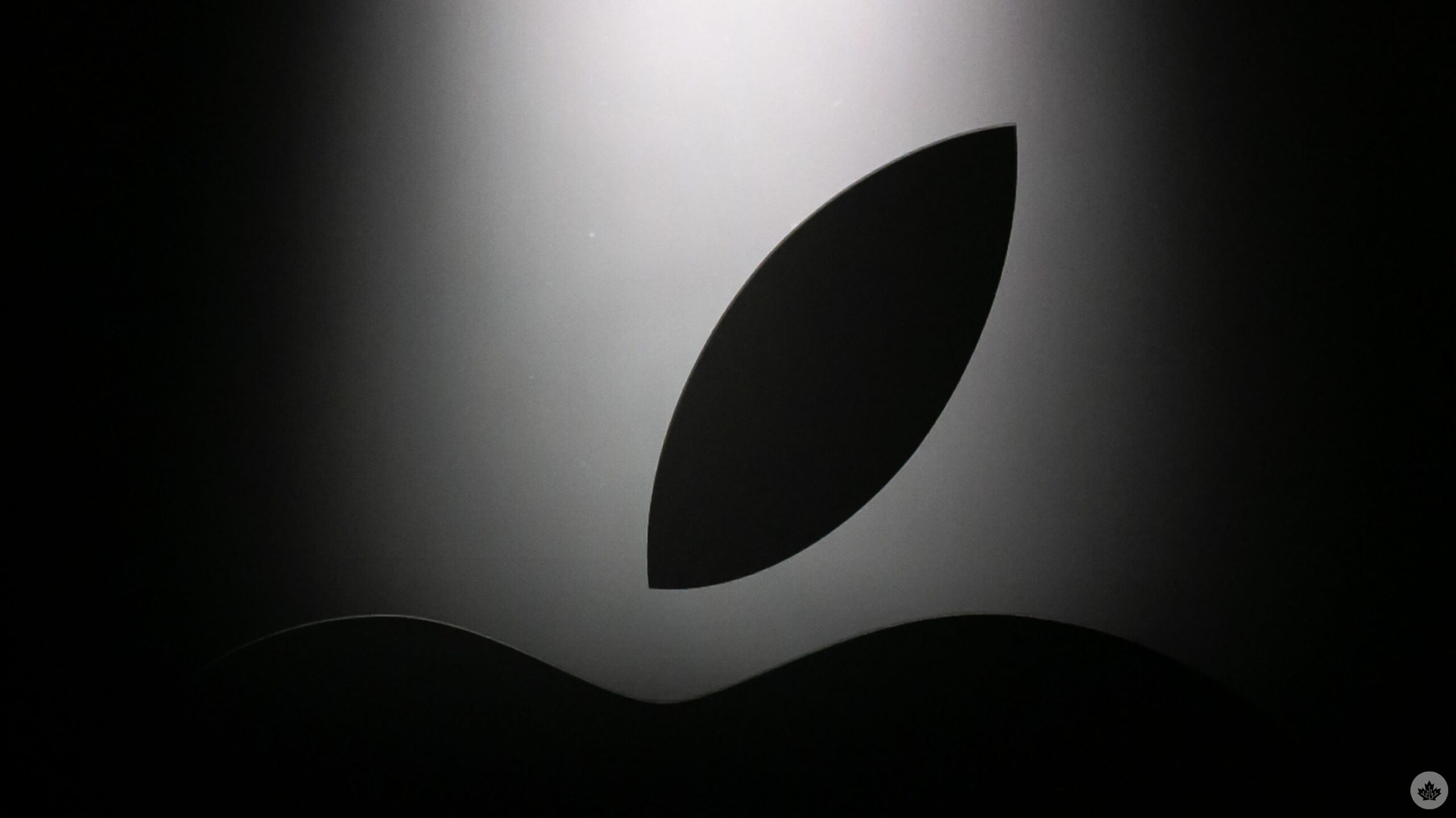In an effort to uphold its public commitment to sustainability, Apple has long touted its advanced recycling initiatives as a core element of its environmental strategy. The company, known for its innovative technology, has made significant pledges towards achieving a greener footprint, including a public commitment to 100 percent carbon neutrality across its supply chain and products by 2030. However, a recent report by Bloomberg has cast a shadow over these efforts, particularly focusing on the company's practices surrounding the disposal of outdated iPhones in Canada.
The report reveals that Apple has been routinely dispatching tens of thousands of old iPhones to GEEP Inc., a shredding company based in Barrie, Ontario, for the purpose of destruction. In a staggering revelation, it emerged that more than 530,000 iPhones, alongside 25,000 iPads and 19,000 Watches, have been sent to GEEP over recent years. According to details from the contract between Apple and GEEP, each device sent was required to be destroyed, based on the rationale that these products were “better off scrapped for their precious metals than refurbished.”
This practice raises questions about the limitations of Apple's existing recycling capabilities. The company's recycling robot, Daisy, which has been a highlight of its recycling program, is capable of dismantling around 200 units per hour. While this may seem like a significant capacity, when put into perspective with Apple's sales figures—selling the equivalent of Daisy's annual dismantling capacity in just 48 hours—the limitations become starkly evident. This bottleneck has necessitated involvement from companies like GEEP to handle the surplus, but not without controversy.
In 2020, Apple found itself in legal turmoil, suing GEEP for allegedly stealing approximately 100,000 devices that were designated for destruction. This legal action, which notably remains unresolved, goes some way to underline the complexities and challenges within Apple's recycling efforts. Despite this, Apple has not publicly offered any updates on the lawsuit, a silence that raises more questions about the transparency of its recycling operations.
Criticism has also come from within the tech repair and recycling community. Kyle Wiens, co-founder of iFixit, has voiced strong opposition to Apple's approach, suggesting that the destruction of these devices, which contain valuable parts that could otherwise be reused or repurposed, should be considered illegal. His stance reflects a broader debate about the responsibility of tech giants in managing their environmental impact through more sustainable recycling practices.
As Apple gears up for its next major event, the Worldwide Developers Conference in June, stakeholders and observers alike will be keenly awaiting updates on the company's sustainability efforts. Given the latest revelations from the Bloomberg report, there is a clear expectation for the tech behemoth to provide clarity and potentially reassess its approach to recycling, especially within the context of its ambitious environmental goals in Canada and beyond.





